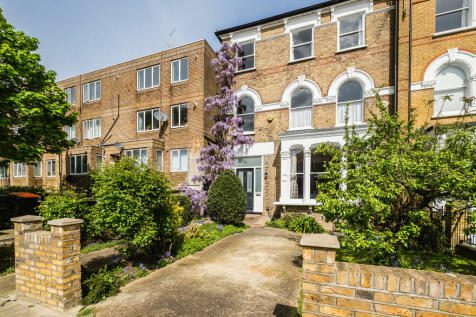Understanding Licensing in Houses in Multiple Occupation (HMOs)
For investors diving into the property market, particularly those considering Houses in Multiple Occupation (HMOs), understanding licensing is critical. HMOs represent a profitable investment if managed correctly, but they come with the responsibility of adhering to specific licensing requirements, which ensure the properties are safe, well-maintained, and conducive to living.
What is an HMO Licence?
An HMO licence is a legal endorsement that allows property owners to operate a house split into multiple flats or shared rooms. This endorsement ensures that the landlord complies with basic health and safety standards as dictated by the local council. The requirement for a licence is determined by the property type and the local council’s specific conditions. Typically, licensing is mandatory for properties occupied by five or more people forming more than one household, using shared amenities like kitchens and bathrooms.
Why is Licensing Important?
Licensing is pivotal for protecting tenants and maintaining the quality of rented accommodation. It serves as a mechanism to regularly inspect properties, ensuring they meet safety and amenity standards. For landlords and investors, operating without an appropriate licence can result in severe fines and even criminal records. It safeguards everyone involved by setting a standard that all HMOs must adhere to in terms of safety, fire protection, and general accommodation quality.
The Licensing Process
The process of obtaining an HMO licence involves several critical steps. Initially, landlords must contact their local council to obtain application forms and guidance specific to their area, as regulations can vary significantly from one place to another. An application typically requires documentation of property safety, including gas safety certificates, electrical safety reports, and evidence of adequate fire safety measures.
Furthermore, each application incurs a fee, which varies by location. Once submitted, the local council assesses the application and may conduct an inspection of the property. If everything aligns with regulation requirements, the licence is typically granted for a period of up to five years, after which it must be renewed.
Challenges with Licensing
Obtaining and maintaining an HMO licence can be challenging, particularly for those unfamiliar with the regulatory landscape. The varying requirements across local councils mean investors must be exceptionally thorough in their due diligence. Failure to comply can result in council action, including penalties, forced licence transfer, or closure of the property. Consequently, proper legal advice or property management services are frequently recommended for new investors to navigate these hurdles effectively.
Impact of Licensing on Investment
From an investment perspective, licensing entails both costs and opportunities. The cost of licensing can influence the overall budget and expected returns. However, a licensed HMO can become a more attractive proposition for tenants, providing them assurance on safety and quality, ultimately leading to potential for premium rents and reduced vacancy rates.
Moreover, HMOs tend to have higher rental yields compared to standard buy-to-let properties. Once licencing hurdles are cleared, they can offer significant returns, with the added advantage of diversifying risk across multiple tenants. For investors committed to compliance and quality, HMOs present a promising avenue.
Conclusion
In summary, licensing is a fundamental component for anyone considering investment in Houses in Multiple Occupation. While the process can initially seem daunting, it provides a framework to ensure tenant safety and property standards. By fulfilling licencing requirements diligently, investors can not only mitigate risks but potentially enhance the value of their investment. Ultimately, engaging an experienced property manager or legal advisor can aid investors in smoothly navigating the complexities of HMO licensing.
Key Takeaways
- HMO licences are mandatory for properties occupied by five or more individuals forming more than one household.
- Proper licensing ensures the property meets health, safety, and occupancy standards.
- Failure to obtain a licence can result in severe financial and legal penalties.
- Licensing impacts investment decisions, offering both necessary costs and potential for higher yields.
- Consultation with property managers or legal experts can streamline the licencing process.





